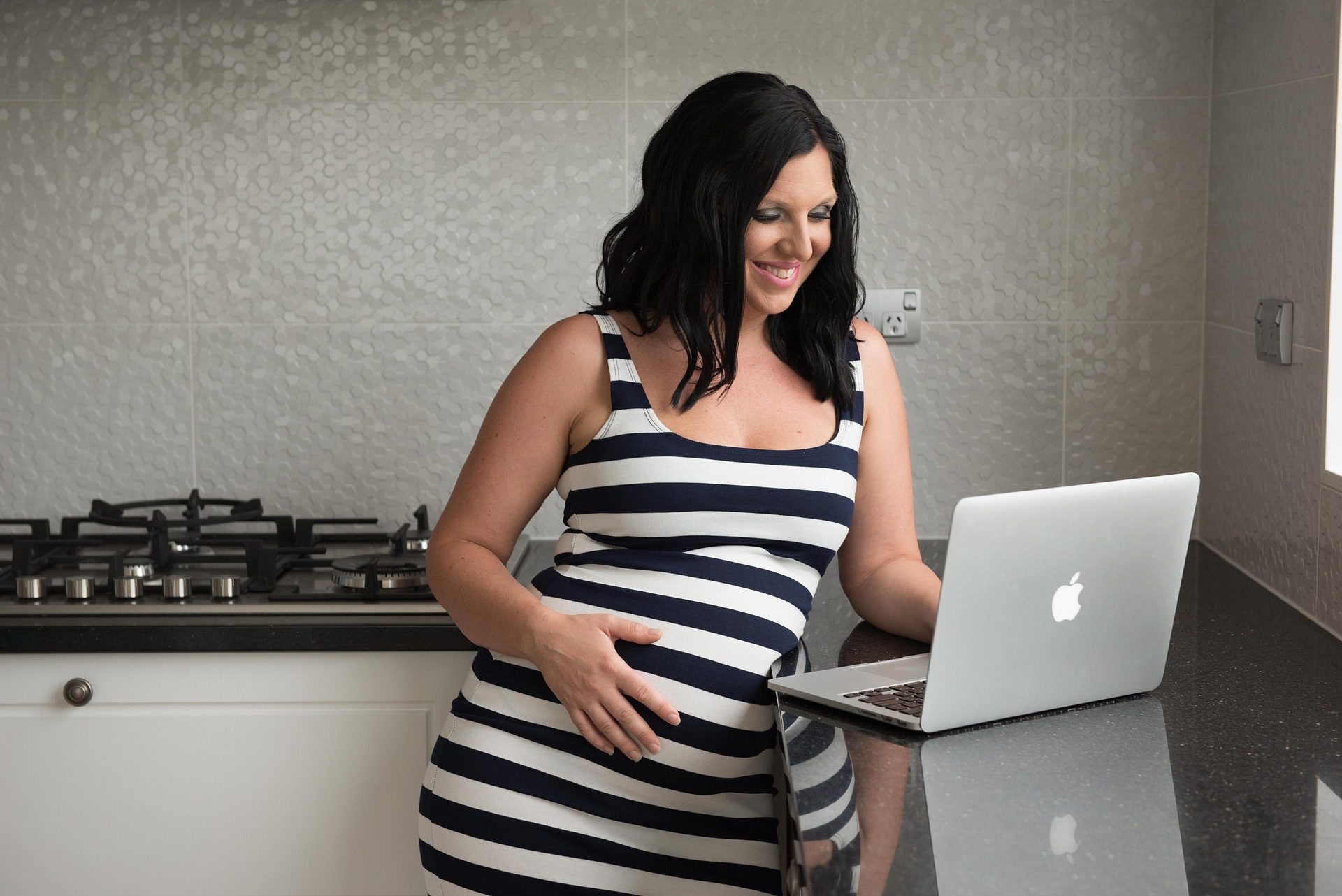 Are you considering using a surrogate for your child? If you are, you have probably also thought about whether or not to use a surrogate agency. There are many pros to using a surrogacy agency during this journey.
Are you considering using a surrogate for your child? If you are, you have probably also thought about whether or not to use a surrogate agency. There are many pros to using a surrogacy agency during this journey.
There are several legal, medical, and procedural requirements that are involved with surrogacy. In the absence of an agency, all the paperwork, compliance, communication with the surrogate, medical information, and other essential requirements become the Intended Parents’ responsibility.
Having a baby, even through surrogacy, is a very emotionally intensive journey. Surrogacy agencies provide ongoing support for both the Intended Parents and the surrogate. Agencies also make sure that communication always remains open between both parties- this is especially important when IPs are trying to track the progress of the pregnancy.
Surrogate agencies also handle the complicated process of screening potential surrogate mothers. Here at Shared Conception, we know that the screening process is imperative and that a lot of thought and research must go into this process. We are not just a surrogate finder—we carefully choose individuals who are perfectly suited for our IPs. The surrogates associated with Shared Conception are unique, strong, caring, committed individuals who all feel compelled to fulfill their personal desire to help intended parents become moms and dads.
While going without an agency may seem to save you money in the short term, it can quickly become an expensive process if there are any issues. One benefit to having an agency is the expertise that is provided in many areas, including surrogacy law, psychological and emotional needs, conflict resolution, failed transfers, pregnancy complications, and other pregnancy issues.
With Shared Conception, our experienced and professional team helps create the best plan for your journey. We want everyone involved to have a positive experience. That is why we encourage all prospective surrogates and intended parents to contact Shared Conception to learn more about our processes. Give us a call or visit www.deliveradream.com to fill out an application request form! We would love to hear from you!



 One common question is, is it ok to have pets while pregnant? The short answer is yes. But as with all things while pregnant, the important factor is safety—not just for yourself but for your pet.
One common question is, is it ok to have pets while pregnant? The short answer is yes. But as with all things while pregnant, the important factor is safety—not just for yourself but for your pet.
 Dogs, cats, and other pets can make great playmates for your baby. However, it’s essential to understand that the adjustment period for your pet may be a little difficult.
Dogs, cats, and other pets can make great playmates for your baby. However, it’s essential to understand that the adjustment period for your pet may be a little difficult.
 As any parent knows, welcoming a baby into your life can be expensive. These costs are even higher when your parenthood is made possible through surrogacy. Intended Parents face a large range of expenses: agency fees, surrogate compensation and expenses, clinic fees, and legal costs.
As any parent knows, welcoming a baby into your life can be expensive. These costs are even higher when your parenthood is made possible through surrogacy. Intended Parents face a large range of expenses: agency fees, surrogate compensation and expenses, clinic fees, and legal costs.
 When Intended Parents start exploring the option of surrogacy, many questions run through their minds. It can definitely be a confusing process—how to choose a surrogacy agency, how do you get matched with a surrogate, how to get started, etc. In this blog, we try to cover some of the most frequently asked questions.
When Intended Parents start exploring the option of surrogacy, many questions run through their minds. It can definitely be a confusing process—how to choose a surrogacy agency, how do you get matched with a surrogate, how to get started, etc. In this blog, we try to cover some of the most frequently asked questions.
 We are sure that many women think about attachment before deciding to become a surrogate. It’s reasonable to believe that if you become attached to your own children during pregnancy, you would be attached to the child you are carrying for the Intended Parents.
We are sure that many women think about attachment before deciding to become a surrogate. It’s reasonable to believe that if you become attached to your own children during pregnancy, you would be attached to the child you are carrying for the Intended Parents.
 When deciding if surrogacy is the right option for you, naturally, you will want to weigh out the pros and cons. We have made your decision process a little bit easier by listing our top ten reasons to become a surrogate.
When deciding if surrogacy is the right option for you, naturally, you will want to weigh out the pros and cons. We have made your decision process a little bit easier by listing our top ten reasons to become a surrogate.
 Being pregnant in the workplace under normal circumstances can be challenging, but telling coworkers about your surrogacy can also be stressful. It is not easy to hide your growing belly. While conversations involving your pregnancy may seem overwhelming, you can decide when and how to explain your situation.
Being pregnant in the workplace under normal circumstances can be challenging, but telling coworkers about your surrogacy can also be stressful. It is not easy to hide your growing belly. While conversations involving your pregnancy may seem overwhelming, you can decide when and how to explain your situation.
 At Shared Conception, we know the holidays can be extra rough when you are trying to start your own family. Every holiday commercial shows happy families celebrating, and that can be especially hard to watch.
At Shared Conception, we know the holidays can be extra rough when you are trying to start your own family. Every holiday commercial shows happy families celebrating, and that can be especially hard to watch.
 With Christmas and New Years’ Eve approaching, there will be a lot of party invites from friends, family, and even work. Holidays always pose a challenge when you are a surrogate mother having a baby for excited Intended Parents. Here are a few minor adjustments you can make before attending holiday parties that will help you and the baby.
With Christmas and New Years’ Eve approaching, there will be a lot of party invites from friends, family, and even work. Holidays always pose a challenge when you are a surrogate mother having a baby for excited Intended Parents. Here are a few minor adjustments you can make before attending holiday parties that will help you and the baby.